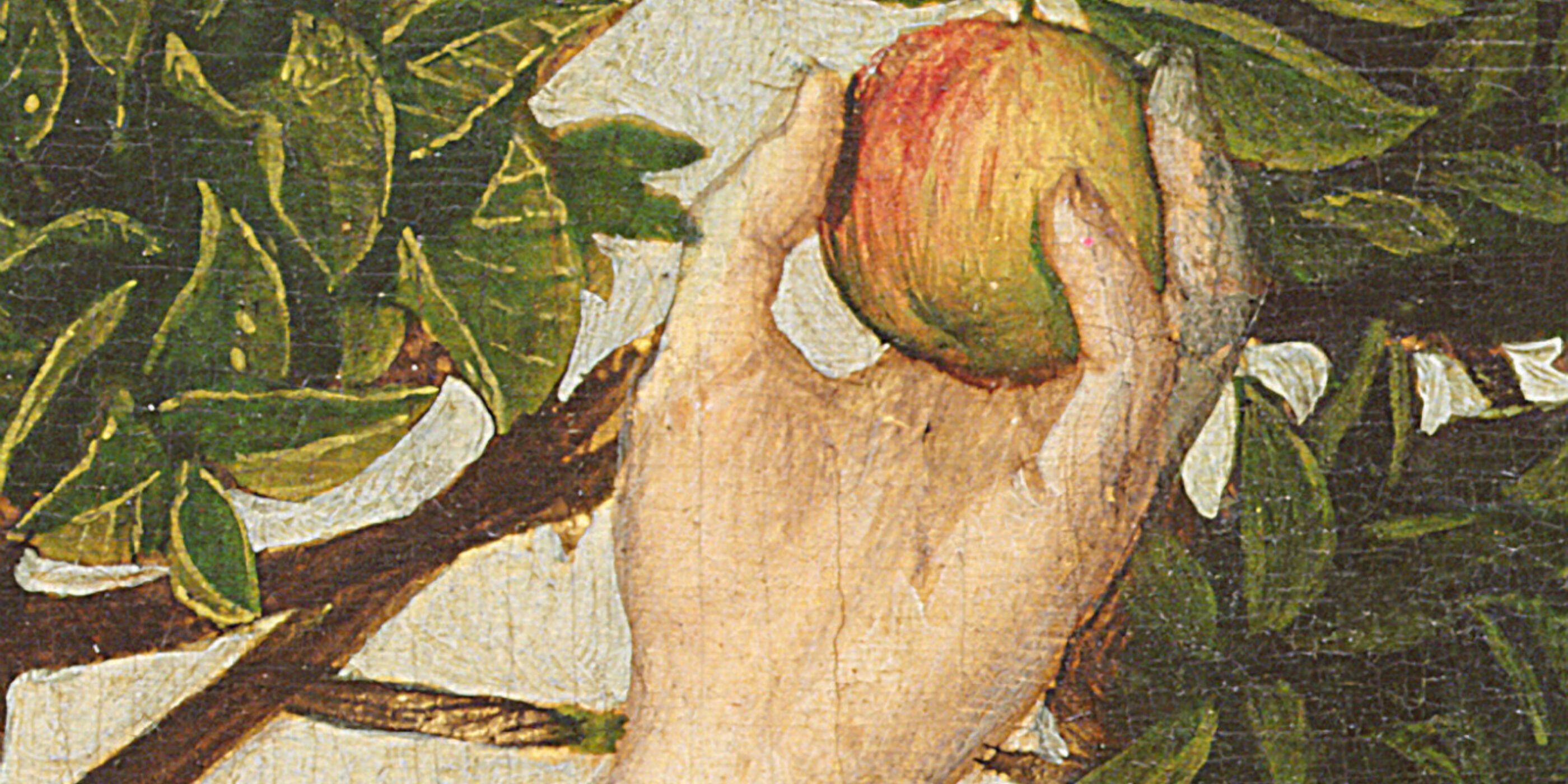Twelfth Sunday in Ordinary Time
While the whole of the Bible contains the inspired Word of God, some passages really stick out. In the whole of the Bible, few passages have been as influential as the second reading for this Sunday’s Mass. In fact, this passage from St. Paul to the Romans has shaped the minds of Christians for 2000 years.
From St. Paul, we learn: “Through one man sin entered the world, and through sin death” (Rom 5:12). St. Paul instructs us about original sin. He tells us that there was a first person at the beginning of human history. Scripture calls him Adam (CCC 390). And, with most unhappy consequences, Adam sinned as he turned against God.
That first original sin has had enormous consequences—including the introduction of death into the world. Before that first human sin, man would have been preserved from death through the preternatural gift of immortality (CCC 418).
Original sin forms an indispensable part of the Christian world view. It is the reason things in the world are not as they should be. Original sin supplies the reason the world is in the state it is. One author has opined that original sin is the one Christian doctrine that could be proved simply by reading the newspapers. When you open the paper each morning, you read about sin. No explanation of the challenges the world faces captures the full truth of the matter without an account of original sin.

When men and women open their hearts, they see that original sin—man’s turning against God—forms part of their lives too. We participate in that sin. We confirm it and choose it ourselves whenever we opt for selfishness or uncharity.
This passage from the Letter to the Romans doesn’t end with this sad news, however. Sin doesn’t have the last word. From St. Paul we hear: “How much more did the grace of God and the gracious gift of the one man Jesus Christ overflow for the many” (Rom 5:15).
Human beings are saved by God’s grace. Human salvation does not come from one’s own private works but from one being joined to Christ and accepting in faith the mercy of God. Through Baptism Christ comes to live in us. He justifies us. Then, and only then, can we live a life of supernatural charity, avoiding grave sin and persevering in grace.
Of course, much confusion exists in the world about this topic. Many Christians believe erroneously they are saved because they are so-called “good people.” The problem with this idea—I am a good person and thus all set with God—is that it is has absolutely nothing to do with Christianity. Nothing in the Gospel would suggest a self-generated salvation. Instead, human redemption comes through grace. Faith in Christ manifest by the reception of the Sacraments induces a life united to Christ poured out in charity.
When we go before God to be judged we don’t go with our measly achievements. And thanks be to God for that. It wouldn’t turn out so good for us if we did. Instead, we go accepting His grace. In faith, we accept God’s mercy. Through the Sacraments received in faith and then lived out in charity we are joined to Christ by grace (Council of Trent, Session VI, Decree on Justification).
Then we can recognize the full meaning of today’s famous second reading and say with the Easter Vigil Exsultet: “O happy fault. O necessary sin of Adam which merited for us so great and glorious a redeemer.”

